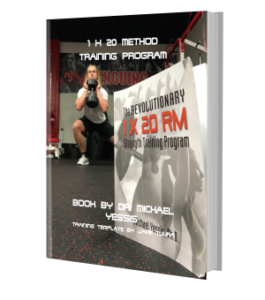Muscle Remembers: Why Gains Come Back Easy After Time Off
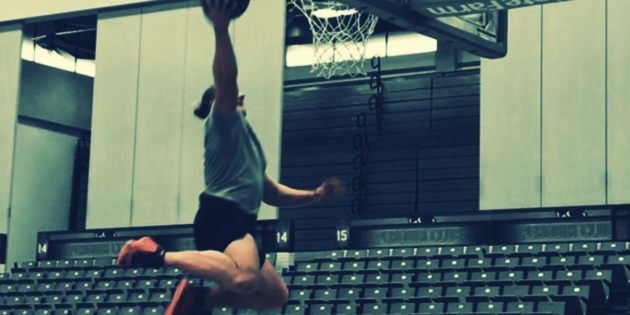
If you take time away from lifting, what will happen to your gains? And when you get back to training, how long will it take to get your muscle back? Researchers at Keele University looked into these questions. Hypothesis Skeletal muscle ‘remembers’ periods of muscle growth, making it easier to gain back muscle after taking time…
JACKEDTHLETE – High Frequency Training
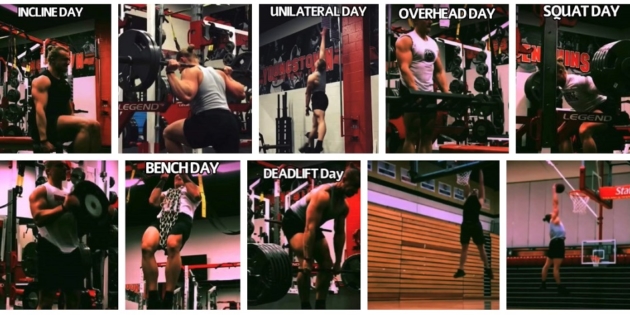
JACKED [jakt] adjective – (of a person) having very well-developed muscles. ATHLETE [ˈaTHˌlēt] noun – a person who is proficient in sports and other forms of physical exercise. JACKEDTHLETE is meant for competitive athletes desiring both the physical development to compete at a high level (strength, explosiveness, etc.) paired with juicy muscularity (“look good to…
How to Jump Higher: Study – Pelvic Adjustment
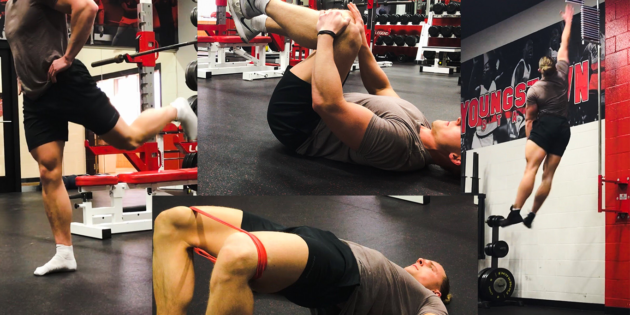
In training, it’s always difficult to find the reason why a certain program was effective or ineffective. This is because we don’t live in a vacuum. We are permeable membranes. Stress, lifestyle, recovery, and a hundred other things affect our results from the gym. Maybe the reason you didn’t get stronger or jump higher was because of…
20 Takeaways: Strength Training and Coordination: An Integrative Approach
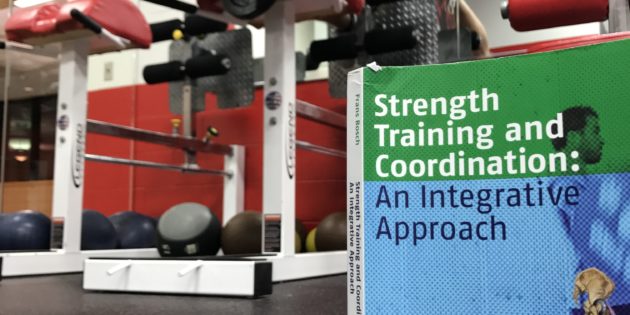
My key points from “Strength Training and Coordination: An Integrative Approach” by Frans Bosch: 1. Coordination must be taken into account during strength training “Most literature about strength training is highly mechanical in its approach, and Isaac Newton seems to have contributed more to strength training theory than all the neurophysiologists in history.” “Coordination at…
10 Takeaways: The 1×20 Method
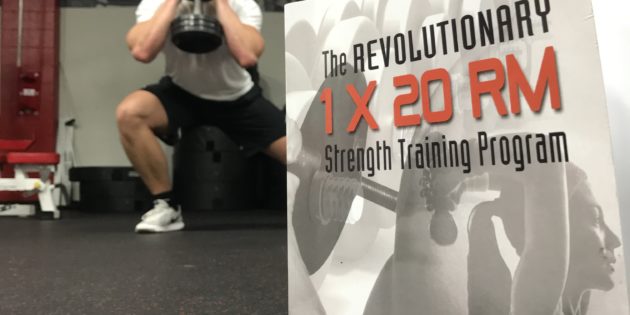
My key points from “The Revolutionary 1 x 20 RM Strength Training Program” by Dr. Michael Yessis: 1. The 1×20 Method is effective for youth or beginner athletes. The body adapts more readily to lower intensity strength exercises (greater growth and development of the muscles, joints, and support structures without fatigue and chance of injury).…
Why Athletes Should Get Jacked

KEY POINTS: Muscle mass is correlated to both strength and sprinting performance Strength is limited by muscle size Training for muscle size can enhance gains in power (phase potentiation)


